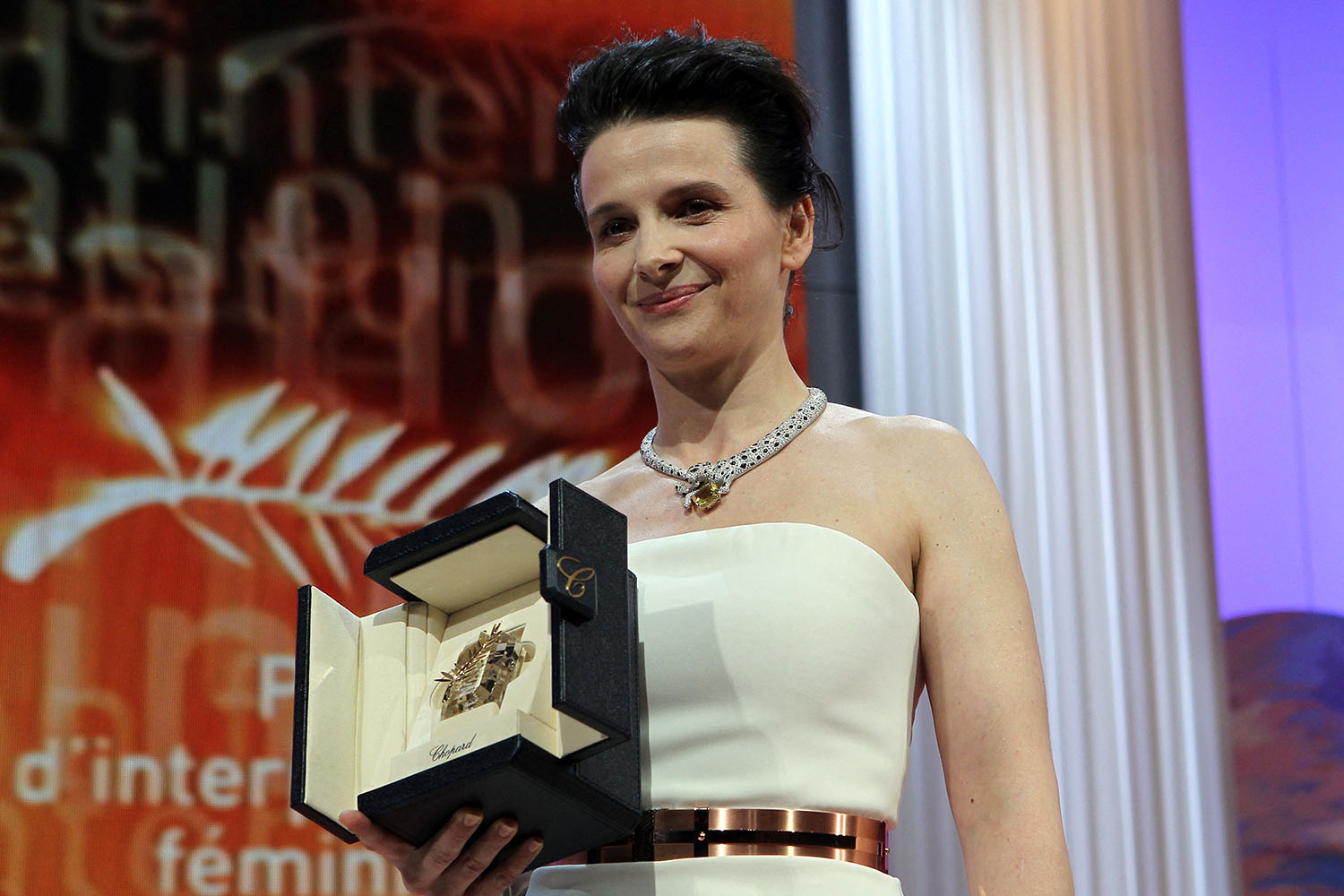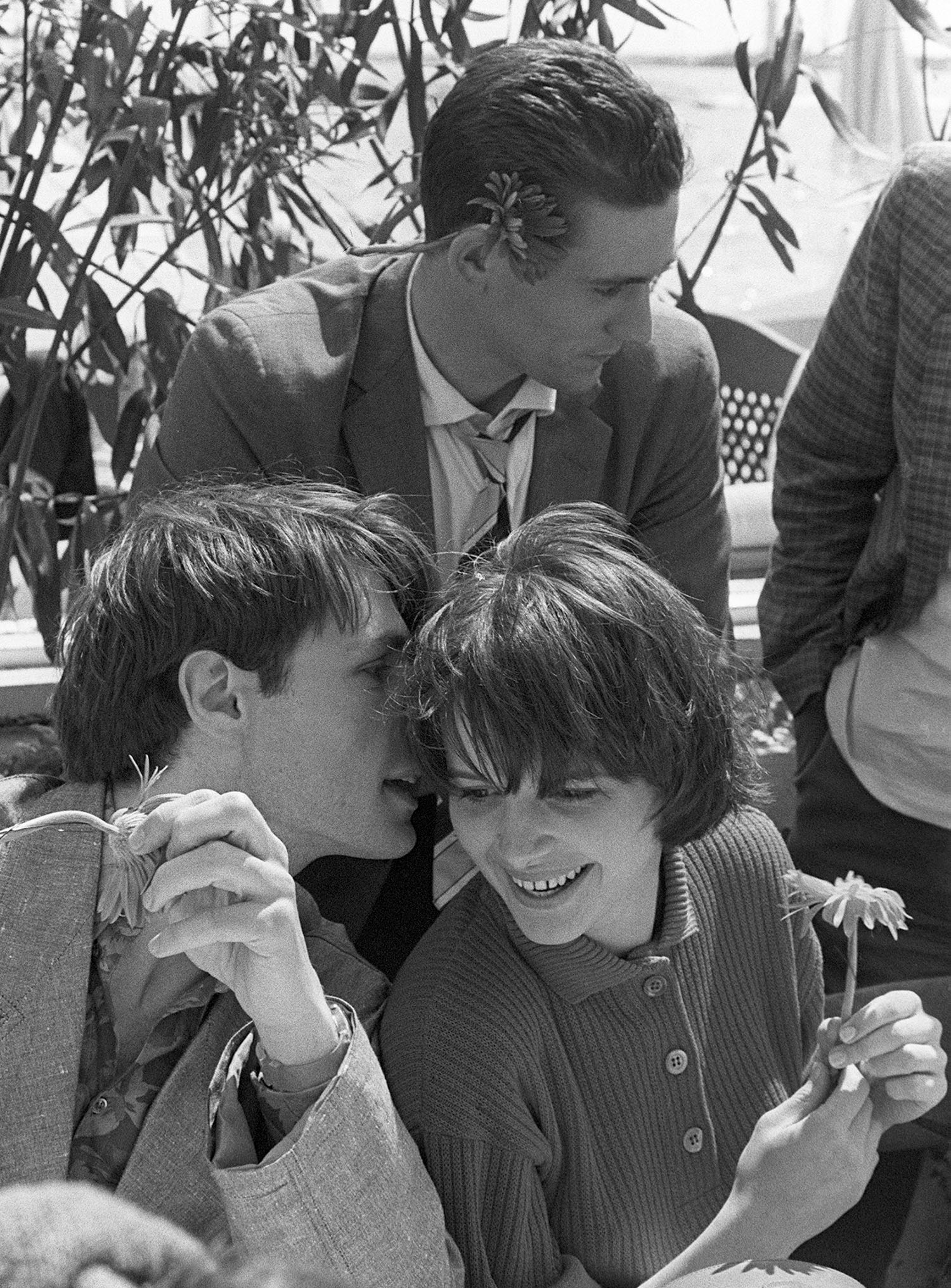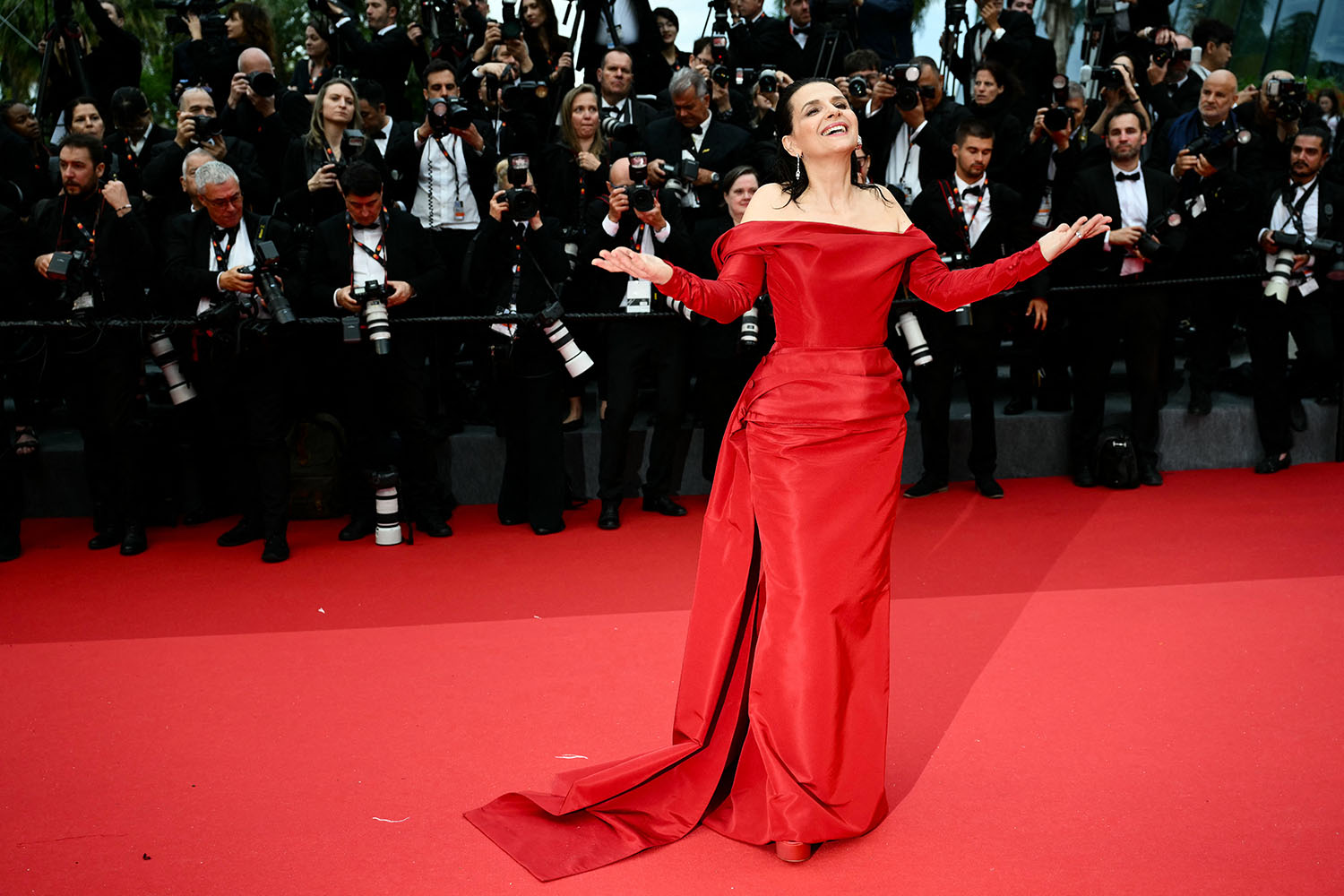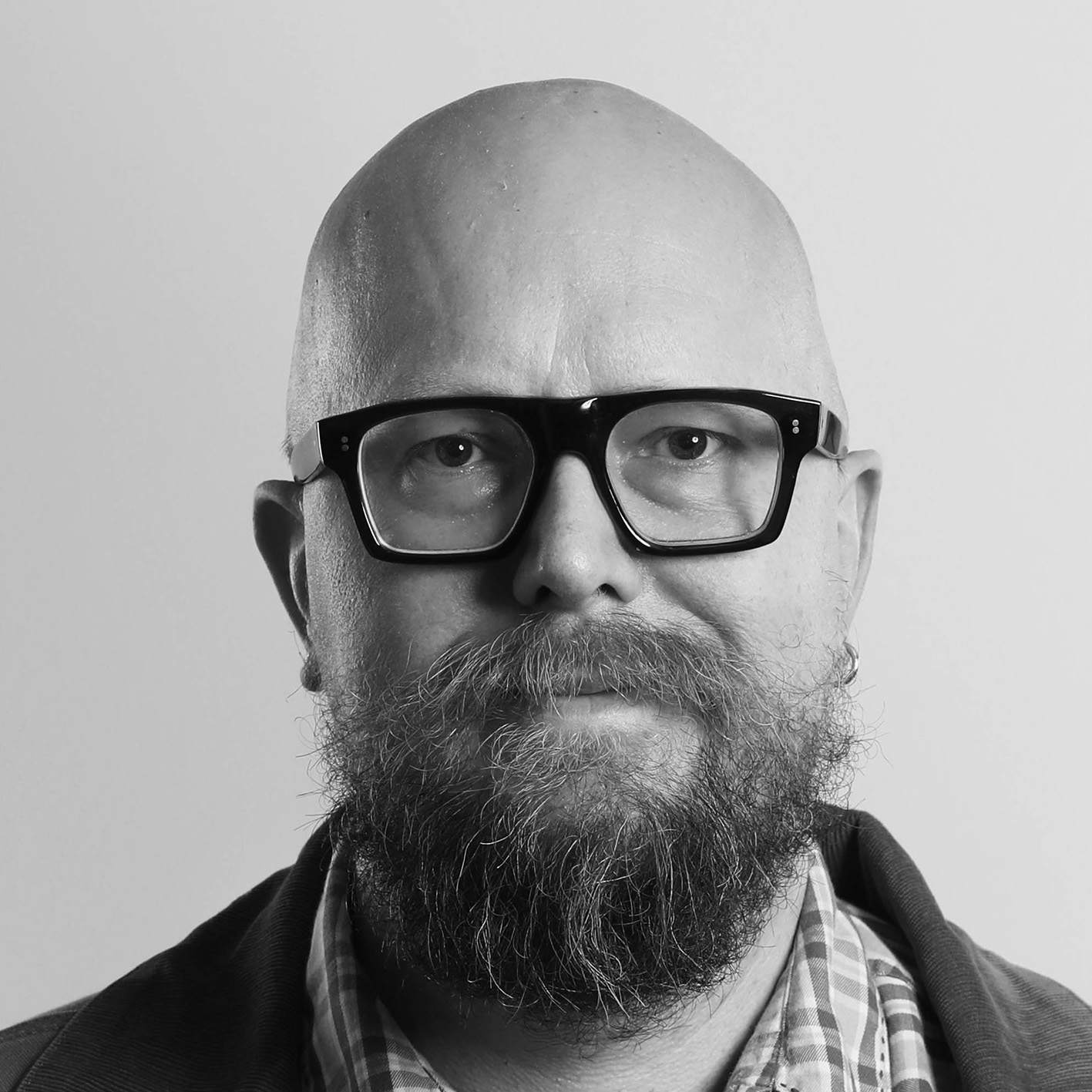It’s a more notable statistic than it should be, a result of the fusty old-boys’ club aura that still surrounds the Cannes film festival: for only the second time in its history, and the first in nearly 60 years, the competition jury will be chaired by a woman for two consecutive years.
Twelve months ago there was a generational shift as Greta Gerwig, an uncharacteristically young jury president at 40, handed the coveted Palme d’Or to her US compatriot Sean Baker for his spiky sex-worker comedy Anora.
This year, on the other hand, sees the chair filled by a candidate so obviously qualified for the position, it’s hard to believe she hasn’t held it before: 42 years after her first appearance on the Croisette, Juliette Binoche is finally the undisputed queen of Cannes.
Binoche joins a small, elite band of female French actors who have taken the most prestigious off-screen role going in their national film culture: Jeanne Moreau, Michèle Morgan and the two Isabelles, Adjani and Huppert. (Catherine Deneuve had to be content with an unorthodox, ego-soothing “vice-president” citation when Clint Eastwood took the job in 1994.)
Word is La Binoche – she’s enjoyed definite-article status in the French media for decades now – has been on Cannes head honcho Thierry Frémaux’s jury president wish list for a long time; she headed the Berlin jury in 2019, after all, and in the testy world of European festival administration, where everything from film selection to red-carpet fodder is a competition, that precedent will have been noted.
Accepting a Cannes presidency, however, is not merely about desire but timing; a near-fortnight of watching films and attending rosé-soaked parties on the Côte d’Azur is a scheduling luxury that workaholics such as Binoche, who routinely commits to multiple projects a year, can rarely afford.
And, of course, a Cannes jury president can’t have any involvement in the films they’re judging, which has ruled out a number of years for the star. Like most leading lights of French cinema, Cannes has been central to the story of her career.
Her first film, Pascal Kané’s political drama Liberty Belle, premiered in one of the festival’s sidebars in 1983, when she was only 19; she had only a small role in it, though it wouldn’t be long before she made a bigger Cannes splash.

No secondary spotlight for her next Cannes film, Rendez-vous, in 1985: the 21-year-old was front and centre in director André Téchiné’s chic erotic love triangle, which took the best director prize. She was too new on the scene to win best actress, but stardom beckoned.
A glorious portrait of Binoche from a photo call at the 1985 festival is the very picture of ingenue joie de vivre: barefoot on the beach, dressed simply in a white miniskirt and scarlet jumper, grinning as she jumps about 3ft in the air. She’s new to this town and already owns it.
Newsletters
Choose the newsletters you want to receive
View more
For information about how The Observer protects your data, read our Privacy Policy
Reflecting on the experience years later, she said: “I knew I had become a star when I shook hands with Simone Signoret at the 1985 film festival. She died four months later.” Cannes is where batons are passed.
The surprising thing, in reflecting on Binoche’s subsequent career, is how little Cannes figured in it for another 15 years – during which time she assumed French national treasure status, while cracking Hollywood in a way few of her equivalently revered compatriots have managed.
In the same year as Rendez-vous, New Wave master Jean-Luc Godard tapped her for a supporting role in his film Hail Mary, before she aligned herself with a newer guard of French auteur in mad young genius Leos Carax. She took the lead in his unnerving 1986 Aids allegory The Night Is Young – Berlin snagged the premiere of that one – and for his 1991’s visionary, extravagantly budgeted Paris vagrant romance Les Amants du Pont-Neuf, once dismissed at home as an out-of-control folly, though it would find an adoring cult following soon enough.
The director and his star were romantically involved during the three years of filming, but Binoche wisely ended the relationship, having read Carax’s doomed ending for her character – lying dead on the bridge while her lover was thinking: “Did she ever love me?”

Binoche made her English-language debut with a fine turn opposite Daniel Day-Lewis in Philip Kaufman’s sensual, intelligent Milan Kundera adaptation The Unbearable Lightness of Being, while the first big prize of her career came at the Venice film festival: best actress for her haunted, brittle portrayal of a young widow in Krzysztof Kieslowski’s exquisite trilogy starter, Three Colours: Blue, which also took the festival’s Golden Lion.
The Berlin best actress prize followed a few years later for her performance as a gentle, hopeful second world war combat nurse in Anthony Minghella’s blockbuster melodrama The English Patient – more famously, she took the best supporting actress Oscar for it, upsetting a supposedly nailed-on (and visibly peeved) Lauren Bacall in the process.
It was hard to begrudge the then 33-year-old Hollywood outsider, as she took to the stage wearing a spectacularly vampiric Sophie Sitbon gown and an expression of pure astonishment, before delivering a speech equal parts gracious and goofy. First admitting that she thought Bacall deserved to win, she then mused with a giggle: “This must be a dream – a French dream, I think!”
For a lot of fans, it was the first glimpse of the playful personality beneath that image of soulful serenity: more than one colleague who has interviewed her refers to her “dirty” laugh.
She certainly has little interest in cultivating an image of grande dame remoteness; in Paris, she dresses down and takes the Métro, letting people wonder: “Is it or isn’t it?” And she famously wears her emotions on her sleeve: at a press conference alongside Iranian director Abbas Kiarostami at Cannes 2010, she burst into tears upon hearing that Kiarostami’s colleague and compatriot Jafar Panahi had begun a hunger strike in prison after being charged with propaganda by the Iranian government. (Panahi’s new film, It Was Just an Accident, is among those competing at Cannes this year.)
Binoche’s Oscar win in the mid-1990s saw her welcomed in France like a football hero, in her words. Though many of her choices from that era were conventional – costume dramas and crowdpleasers such as Chocolat – Cannes would finally come calling again when she took a step into more dangerous territory: working with Austrian formalist Michael Haneke on his chilly, rigorous 2000 thriller of miscommunication Code Unknown, and again on the stunningly paranoid Hidden in 2005. Both competed for the Palme; Haneke won best director for the latter.
But her long-delayed Cannes coronation would finally come in 2010, the year that she coincidentally – or not, as some conspiracy-minded hacks speculated – served as the literal face of the festival, her portrait splashed across the official poster and marketing materials.
In a competition declared sub-par by many grumbling critics, Certified Copy – a richly layered, shapeshifting collaboration with Kiarostami – was one of few universally agreed standouts, and she at last won the best actress award; with Julianne Moore, Sean Penn and the late Jack Lemmon, she belongs to a select club of actors to have won at all three main European festivals.
Since her win, Binoche has been more of a Cannes fixture, showing up in competition in David Cronenberg’s Cosmopolis, Olivier Assayas’s Clouds of Sils Maria, Bruno Dumont’s Slack Bay and, two years ago, in Tran Anh Hung’s glistening gastronomic romance The Taste of Things, which won, again, the best director prize. (Binoche is nothing if not an auteur’s lucky charm.)
She has little interest in cultivating a grande dame image. In Paris she dresses down and takes the Métro
She has little interest in cultivating a grande dame image. In Paris she dresses down and takes the Métro
Last year, she had no film at Cannes but made headlines at the festival, anyway. At the opening ceremony, she got weepy again, in happier circumstances than in 2010: selected to present Streep with an honorary Palme d’Or, she broke down as she delivered a besotted, endearingly loopy tribute: “You changed the way we look at women in the cinema world. Love conquers all, you have conquered us.”
The image of the two women tearily holding each other on stage was the enduring one – a demonstration of pure awestruck fandom from Binoche, now a veteran and an icon herself.
Whether acting, dancing or politicking, Binoche has long been a champion for avant garde art. When she presided over the Berlin competition in 2019, her jury handed the top prize to Israeli director Nadav Lapid’s challenging, caustically anti-Zionist satire Synonyms. There she described her feeling of political responsibility as jury president: “We will use our knowledge, our experience and our awareness to judge what are the best films necessary for the present time and the future. What feels human is political.”
It remains to be seen whether she brings that same principle to Cannes this year, but we can expect adventurous choices on her part, in collaboration with a diverse jury that includes, among others, American actors Halle Berry and Jeremy Strong, Indian director Payal Kapadia and Congolese documentarian Dieudo Hamadi.
Somewhat remarkably, given Binoche’s habit of collecting A-list auteur credits, not one of the 21 directors in competition at Cannes this year – who range from veterans such as Lynne Ramsay, Panahi and the Dardenne brothers to newer kids on the block Ari Aster and Julia Ducournau – has worked with Binoche before. (Perhaps she’ll be compiling a shopping list for future collaborations.)
It wouldn’t be out of character for her to champion one of the competition’s relatively unheralded wild cards, including Japan’s Chie Hayakawa or Germany’s Mascha Schilinski.
In a recent interview, Binoche observed how Cannes altered the course of her career four decades ago: “I discovered how this big film reunion can change someone’s life in a few days. It is the place of great discoveries, a mirror of our minds and hearts of who we are.”
As a discoverer now, rather than the discovered, she’ll again want to make her mark.
The 78th edition Cannes film festival will take place 13-24 May
Six of the best: La Binoche at Cannes Rendez-vous (1985)
Binoche’s first leading vehicle casts her as a young stage actor caught between the dubious affections of two men in Paris. The film’s sexual politics haven’t aged terribly well – while Binoche recently stated in 2023 that she was a victim of sexual misconduct on set – but it’s not hard to see why she made an instant impression. Critics have reached for the word “luminous” too often with regard to Binoche, but she’s positively fluorescent here: impossibly youthful and breakable, but with that contained, melancholy quiet that has always read a little older than her years.
Hidden (2005)
Perhaps the most austere and upsetting work in Binoche’s filmography, Michael Haneke’s devastating psychological thriller casts her and Daniel Auteuil as the picture of upper-middle-class French privilege and social remove:media couple Anne and Georges Laurent, terrorised with unnerving surveillance videos that gradually point to a past injustice. It’s Auteuil’s character who carries the weight of the film’s scrutiny, but Binoche is superb as a woman caught between doubt in her family and looking the other way. Her two Haneke collaborations brought out a brittle control in her acting: it’s a shame they haven’t worked together more.
Flight of the Red Balloon (2007)
A leading light of Taiwanese new wave cinema, director Hou Hsiao-hsien made his first European-set film with this gentle Parisian domestic portrait – a homage of sorts to French director Albert Lamorisse’s famous short The Red Balloon. Binoche, sporting a choppy bottle-blond e hairdo, stars as a hard-up puppeteer and single mother who hires a Chinese film student as her son’s new nanny, and a close bond develops between the three. It’s the very picture of breezy Paris bohemianism, with Binoche in an unusually relaxed, offbeat register.
Certified Copy (2010)
Binoche had previously worked with Iranian master Abbas Kiarostami, making a brief appearance in his experimental 2008 film Shirin, but they collaborated two years later on a full-blown fusion of both their talents: an elliptical romantic drama of reunion and regret, lit from within by her bittersweet performance as an antiques dealer who might or might not have a past (and a future) with British writer. Her Cannes best actress win was wholly deserved.
Let the Sunshine In (2017)
One of the head-scratchers of Cannes’s 2017 edition was how Claire Denis’s lovely, weary-wise midlife romantic comedy was rejected for the festival’s official selection, instead showing up in the independently programmed directors’ fortnight sidebar. It houses one of Binoche’s warmest, funniest performances as a divorced artist working her way through one imperfect relationship after another, accepting her independence in the process. It’s a film for anyone who’s shuffled between hankering after love and celebrating their solitude, with Binoche a beacon of hope for middle-aged lonely hearts everywhere.
The Taste of Things (2023)
Tran Anh Hung’s gently paced, lavishly sensory love story between a 19th-century gourmet and his loyal longtime cook might be the most intricately detailed and instructional foodie films ever made, with extensive screen time given over to detailed culinary preparation and ritual, with mouthwatering results. But it’s the palpable emotional bond between the two lead character s that gives it soul, abetted by the real-life history between the stars playing them: Binoche and Benoît Magimel had had a five-year relationship beginning in the late 1990s, producing a child, and the film crackles with the worn chemistry of lovers who have come back around to friendship.

